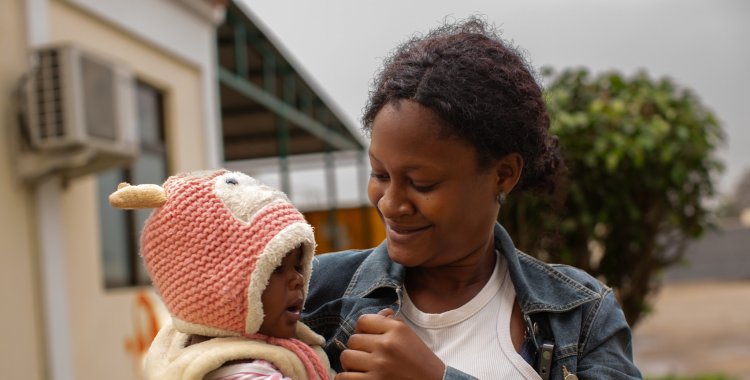According to a statement from CIPRA, to which VerAngola had access, the OGA and its management unit have been "officially created", and its regulations were approved in presidential decree no. 273/24, dated 5 December.
The observatory is a digital platform that will gather and make available "quantitative and qualitative information that will support the formulation and implementation of public policies for women" in the country.
"Likewise, the digital platform will monitor gender inequality indicators and women's rights, aiming to respond to national and international commitments established by the National Policy for Gender Equality and Equity, the Protocol to the African Charter on Human and Peoples' Rights, African Agenda 2063, the Convention on the Elimination of All Forms of Discrimination against Women (CEDAW), ILO Conventions, SDG 2030, and United Nations Security Council Resolution 1325 on Women, Peace and Security", the statement reads.
This observatory is the result of the Government's interest in strengthening, systematizing and unifying the "production of statistical data on gender at national level", with a view to contributing to improving "gender-sensitive planning and budgeting processes".
Furthermore, with the gender observatory, the Government also wants to "raise the profile of gender inequalities and facilitate the design of policies, programmes and projects for the integration of gender equality, as well as to demonstrate the impact of the results of the actions undertaken and to measure changes in the different dimensions of women's autonomy".
Another function of the observatory, the statement adds, is to "provide the different government actors and society in general with indicators and information that show the situation of men and women, boys and girls in Angola, and allow the evaluation of public policies to promote gender equality".
As for its coordination, the OGA is managed by the head of the ministerial department responsible for Social Action, Family and Women's Promotion, in collaboration with the ministerial department responsible for the Planning sector, through the National Institute of Statistics (INE).
"Its composition includes the management bodies, those directly involved in the operationalization and functioning, namely the Ministry of Social Action, Family and Promotion of Women and the INE, and partners who support the production and provision of content related to gender equality and equity and women's empowerment in the country, for the purpose of feeding and updating the OGA", reads the note, which clarifies that the partners include both public and private institutions, "academias, non-governmental organizations and civil society organizations, observers and advisors, which may be organizations that represent bilateral cooperation, African countries, CPLP and multilateral regions with representation in the country".
It should be recalled that in October of this year, the Council of Ministers considered this initiative, during its ninth ordinary session.







